The greatest British sports star? There are plenty of contenders. Four-time Tour de France winner Chris Froome. Four-time Olympic champion distance runner Mo Farah.
Swimmer Adam Peaty, an Olympic champion, eight-time world champion and double world record holder. Gymnast Max Whitlock is a double Olympic champion and three-time world champion.
Snooker player Ronnie O’Sullivan is a five-time world champion. Andy Murray is a three-time tennis Grand Slam winner and double Olympic champion.
There’s world heptathlon champion Katarina Johnson-Thompson. England rugby captain Owen Farrell – one of the best players in the world; Raheem Sterling is one of the best footballers. Golfer Rory McIlroy and many more.
And then there is Lewis Hamilton. Six-time Formula 1 world champion and winner of 83 grands prix, behind only Michael Schumacher on both, and 87 pole positions – an all-time record. The fastest racing driver in the world for 13 years and counting.
For some, Hamilton might not seem a fitting candidate for this particular accolade. But those achievements demand his consideration.
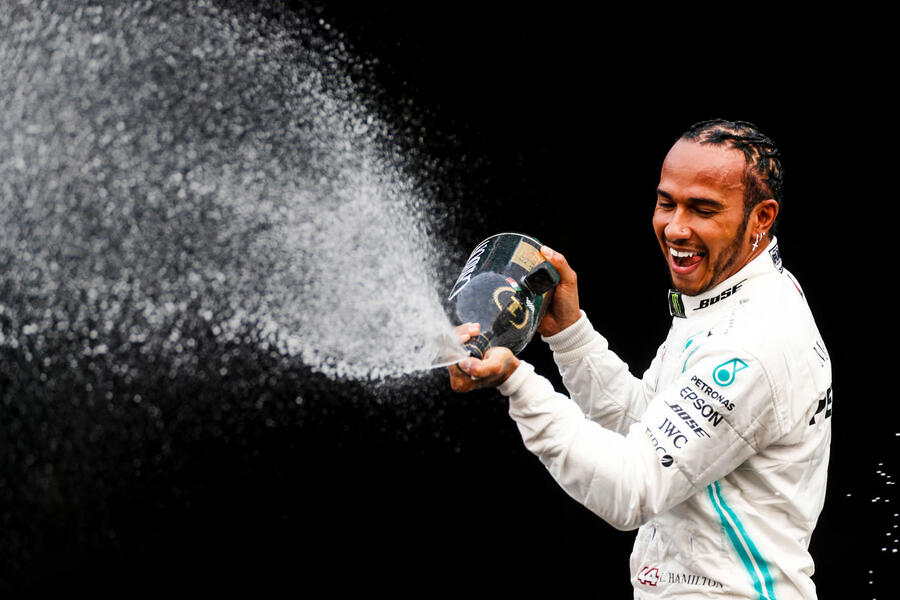
Pure ability
Few British sports stars made such an instant impact or have performed so consistently for such a long time as Hamilton.
Novice F1 drivers aren’t supposed to be able to fight for world titles or compete consistently against world champions. And yet that’s exactly what Hamilton did from the moment he made his debut in 2007, for McLaren, with two-time champion Fernando Alonso as his team-mate.
Hamilton was competitive from the very start of his debut season. He won his sixth race – and very nearly the title.

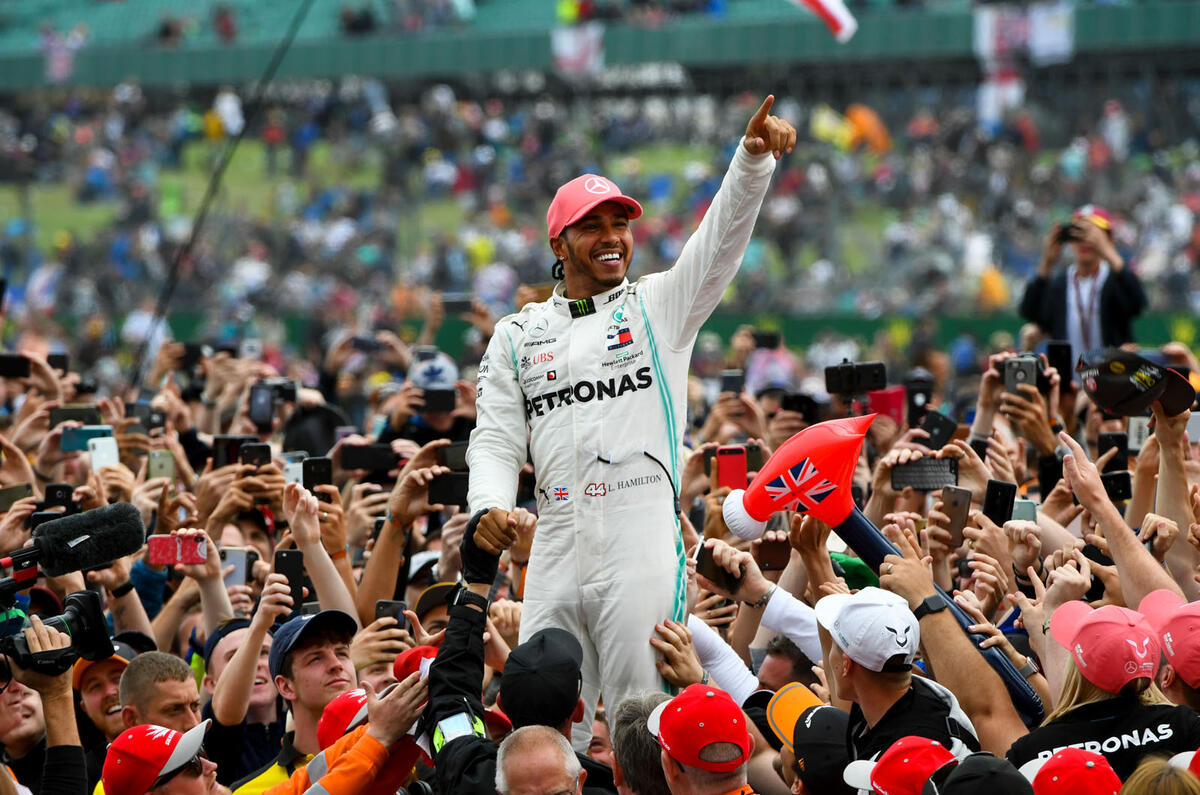
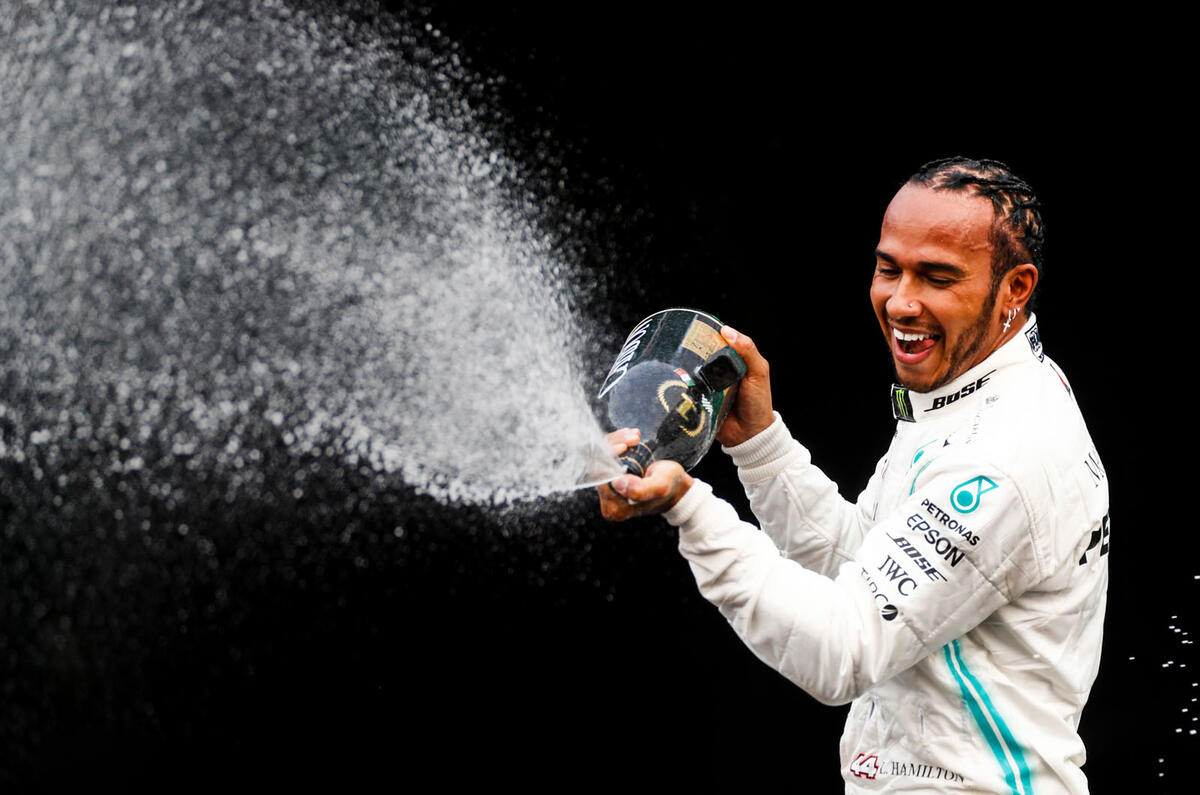
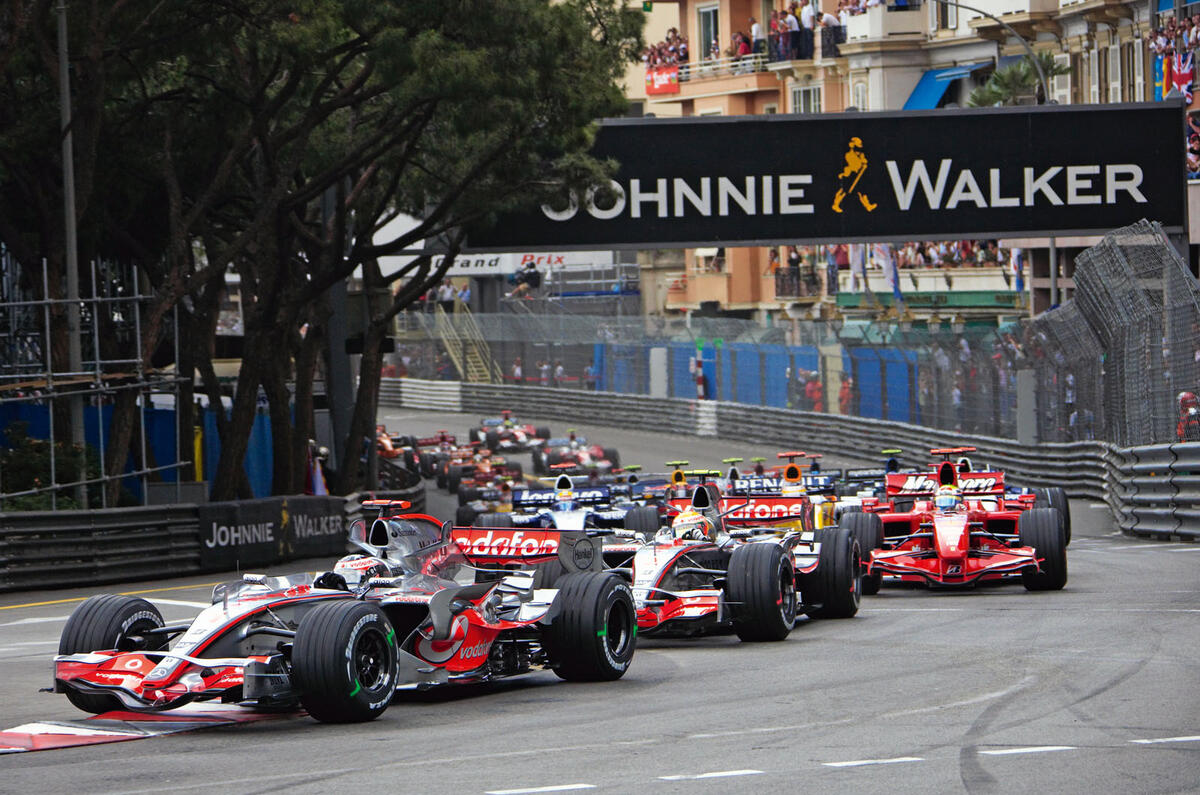

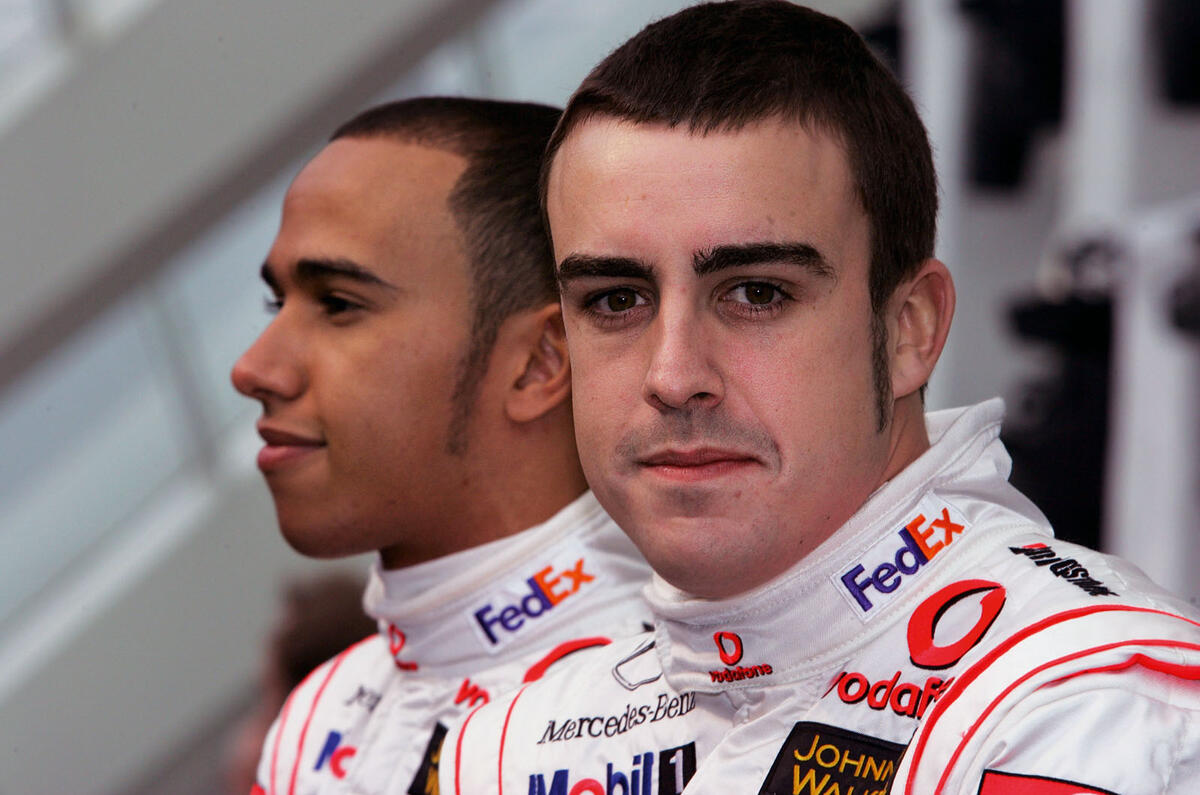
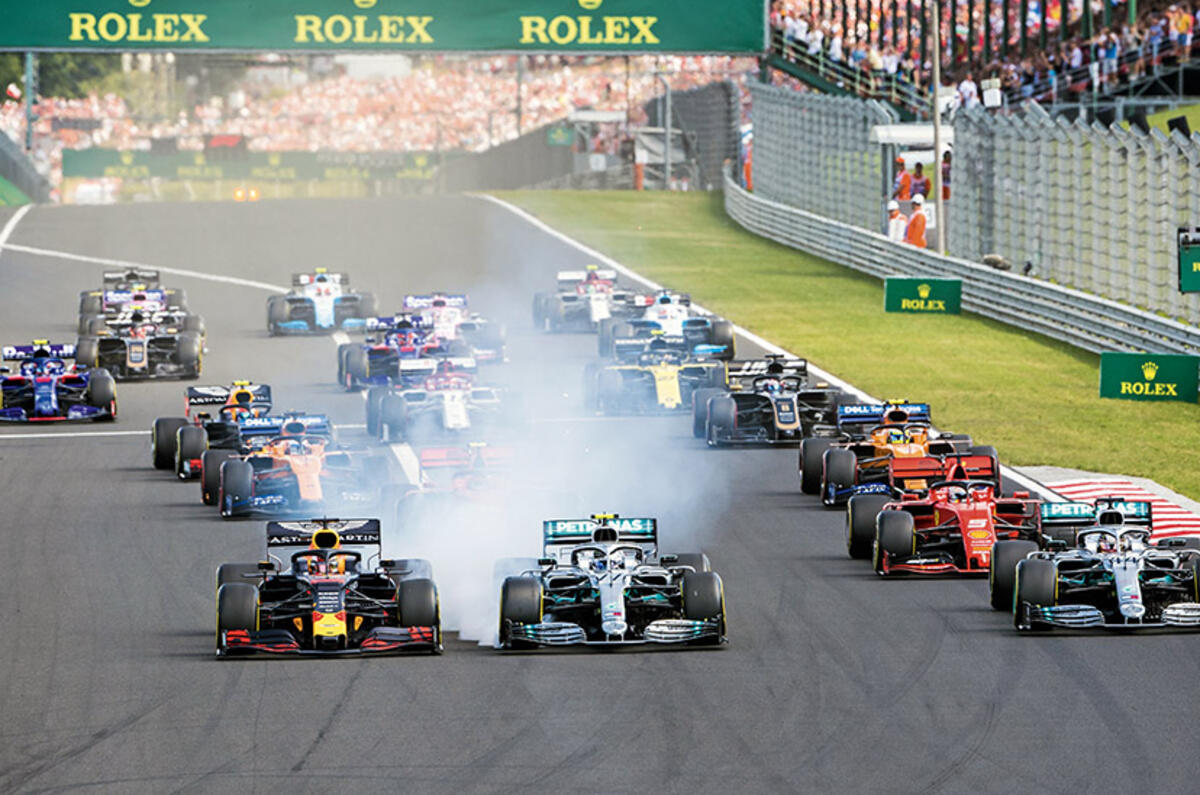
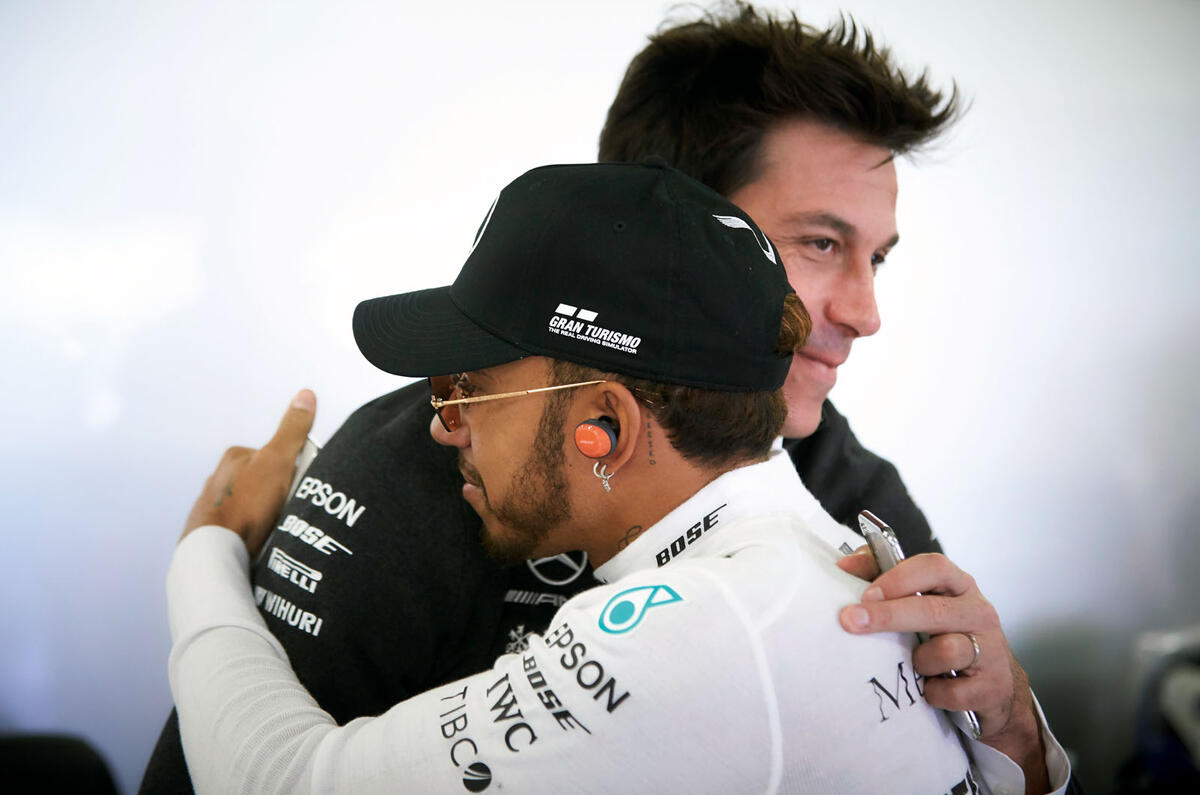

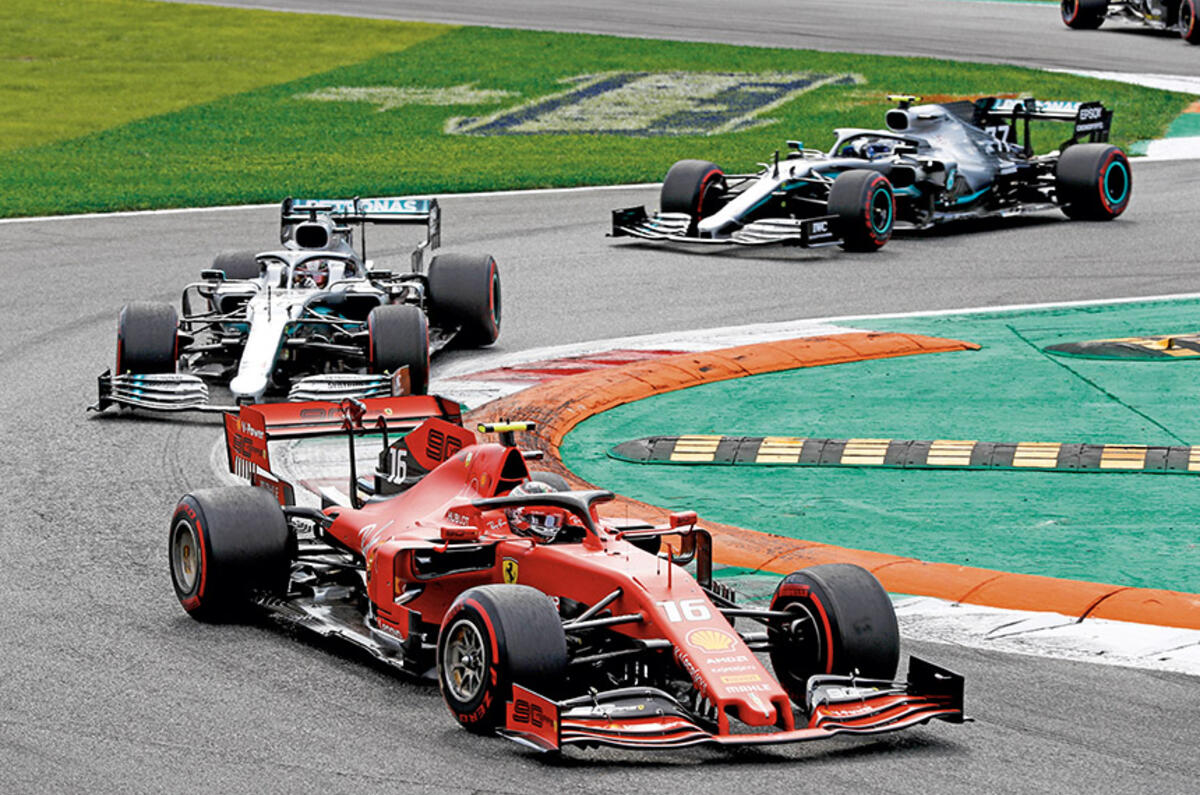













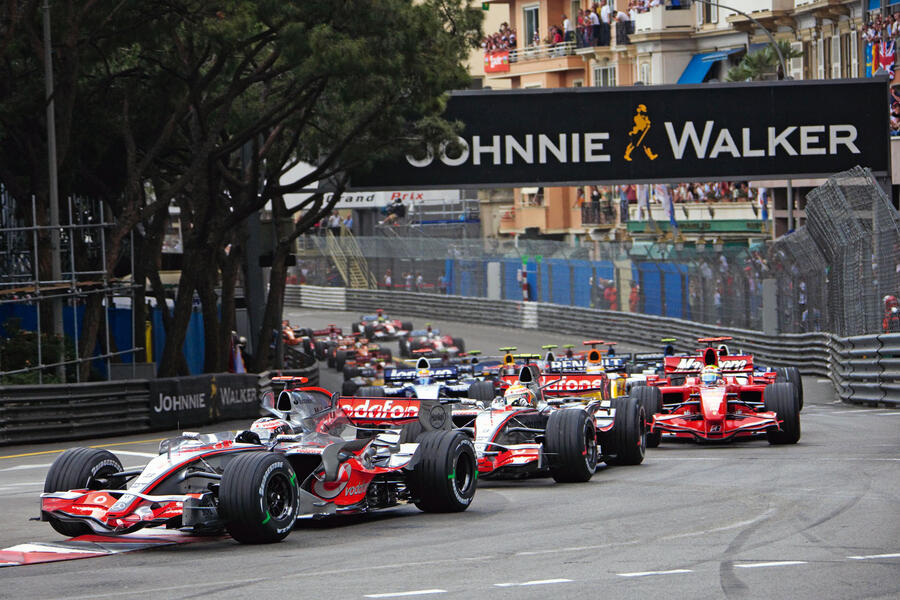
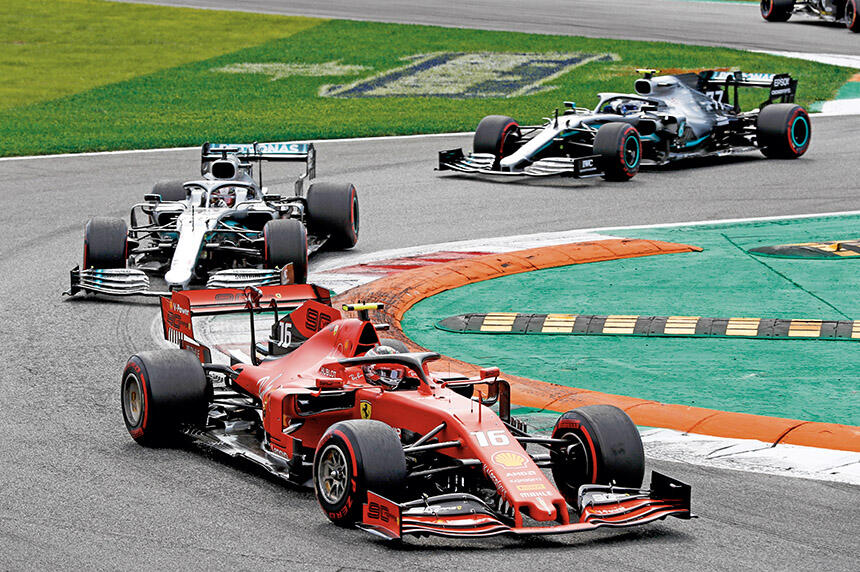

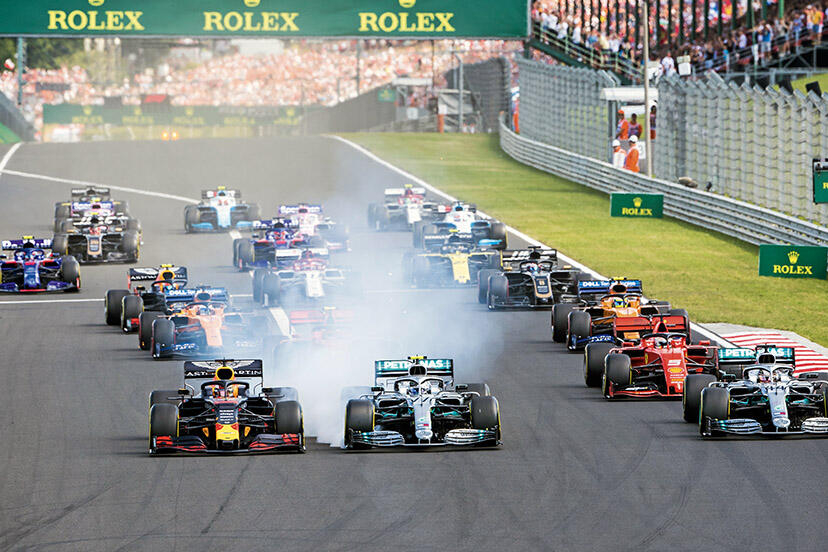



Join the debate
Add your comment
"Marmite" could well be the problem
Hamilton, like Marmite is Black.
Much of the criticism he garners relates to his 'unconventional' lifestyle & tastes. His lifestyle is one of huge dedication and application. In terms of physical fitness he trains hard and long, every bit as much as athletes who run, row, or cycle. All sucessful F1 drivers have to do this. When not driving or training, he enjoys a variety of activities which are precisely what most of the other drivers do.
What sems to wind-up some people is his interest in Fashion & 'Black' Music. However these are conventional for someone of his age & upbringing . Both our white Anglo-Saxon kids and their partners enjoy those things too.
Good to see that Lewis leads his own lifestyle.
It impresses me that Lewis does his own thing! Whats a typical F1 driver profile anyway? His laid back approach to his personal life is his business, no one elses. His rags to riches story is such an inspiration for many young people in the UK & around the world today. To make comments like "if he was White & British" are racist & should be investigated & deleted by Autocar. How on earth can "Dilly" say things like that, for god sake get the facts right!
I do not watch f1
There are so many actually important problems that need urgent investments ( and I do not mean Africans not having enough to eat ) and there is never any funding but hundreds of millions flow into an account of a car driver...
but yeah, he is probably the greatest f1 driver and yeah he should be knighted but the royals are double-moraled as usual.